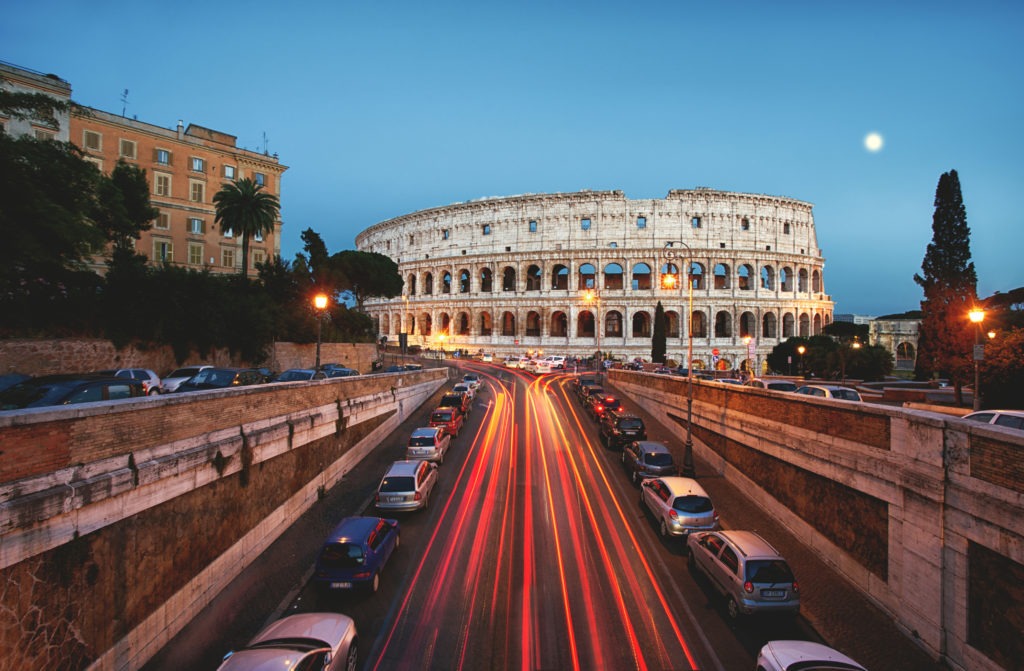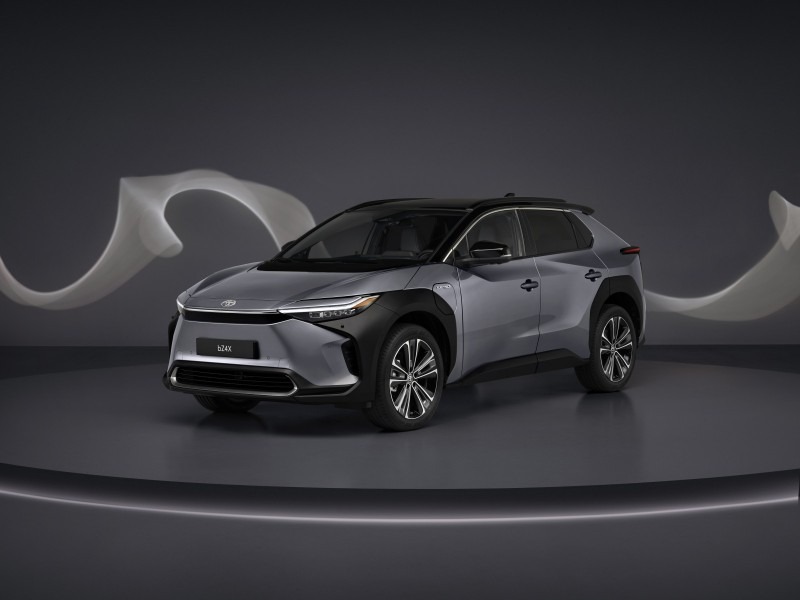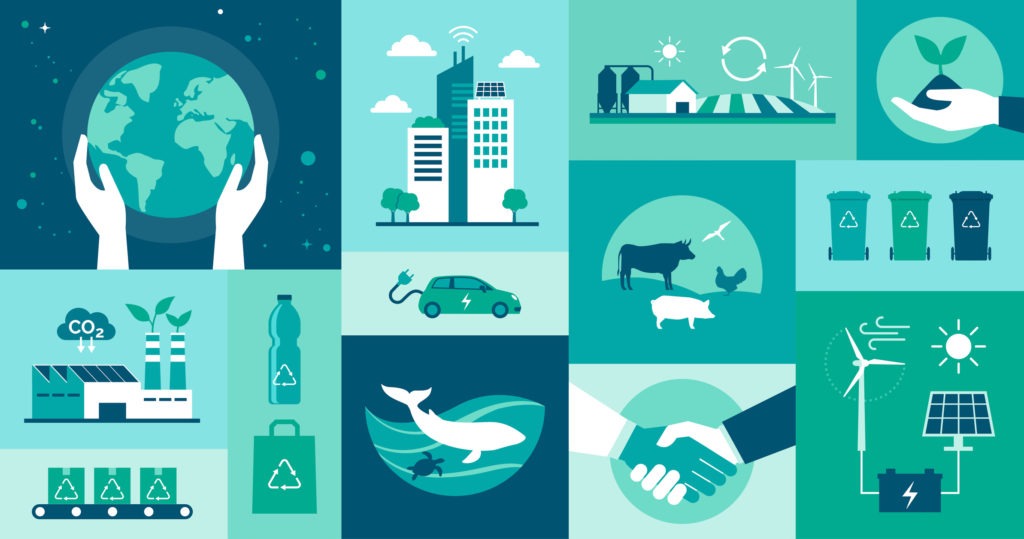Environmental requirements coming to car adverts in France
07 January 2022

The French government is introducing a requirement for carmakers to reference the use of more environmentally-friendly methods of transport in their vehicle advertising across all media types. This messaging comes into effect on 1 March and the details of the requirement have recently appeared in the Journal Officiel under Article L 328-1 of the highway code.
The government requires standardised messaging that can be chosen from three options, which highlight walking or cycling, car sharing, and taking public transport as an alternative. ‘Pour les trajets courts, privilégiez la marche ou le vélo’, ‘Pensez à covoiturer’, ‘Au quotidien, prenez les transports en commun.’ A strapline must also be included that calls for less pollution when getting about: ‘#sedéplacermoinspolluer’.
Additionally, OEMs will need to detail the vehicle’s CO2 emissions and its positioning in a newly-established vehicle ranking of environmental impact. Failing to meet any of these obligations could result in a fine of up to €50,000 for each advertising item that appears in breach.
Counterproductive to EV promotion?
Generally, OEMs seem to be on board with the messaging. However, speaking to Agence France Presse/Le Monde, Lionel French Keogh, president of Hyundai France, said that he felt that as there was no distinction between engines, the move was something of a paradox. ‘It is a bit counterproductive in relation to the government’s desire to promote the sale of electric cars,’ he said.
Ludovic Percier, residual value and market analyst for Autovista group in France, explained the potential implications of the new rules to Autovista24. With so many rules, regulations and restrictions already constraining the automotive industry in the country, this latest announcement has not been received well.
He explained that the soon to be required slogans align more closely with the language used in adverts for food and alcohol. For example, try not to eat food that is too greasy or salty and avoid drinking excessive amounts of alcohol. Percier doubts the effectiveness of such a patronising approach when applied to the automotive industry. The people of France already know that carpooling is an option and that big engines are polluting, he argued. On top of this primed public awareness, there is a Malus (penalty) for buying a new car or used car from another country.
Countries are looking to encourage greater adoption of electrically-chargeable vehicles (EVs) among consumers. Broadly they have used purchase and infrastructure incentives, as well as setting deadlines to phase out the sale of petrol and diesel vehicles. But could France’s new regulation on marketing prompt other countries to adopt similar rules?
‘This kind of “awareness” could work in some northern countries which already have a big proportion of EVs,’ Percier said. ‘I am thinking about Sweden for example, maybe the Netherlands. But I do not think it will be welcomed in Germany, Spain or Italy in general.’ He concluded that the regulations are unlikely to have an impact as the messages will end up as small characters at the bottom of an advert, left unseen by uninterested consumers.



